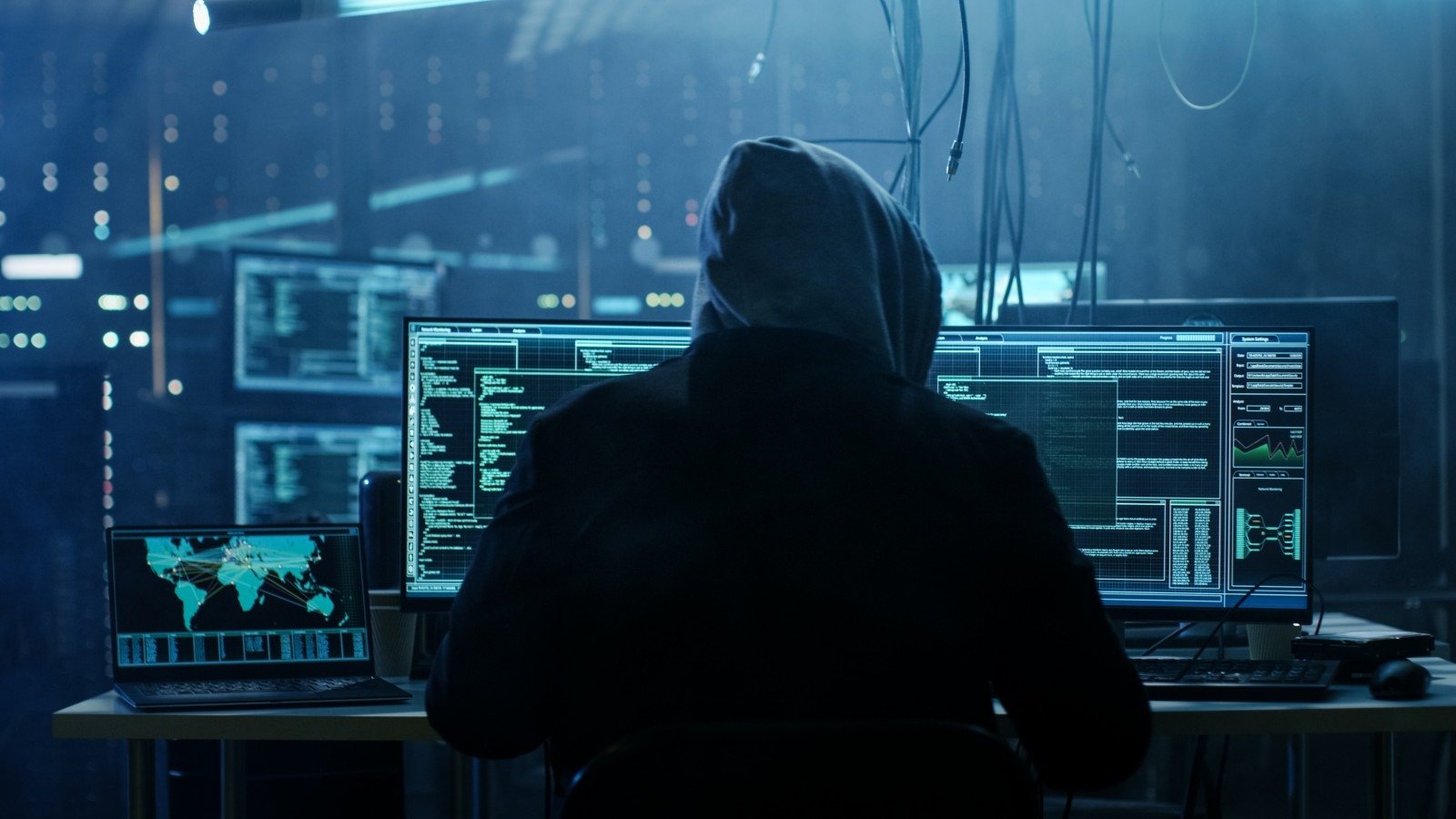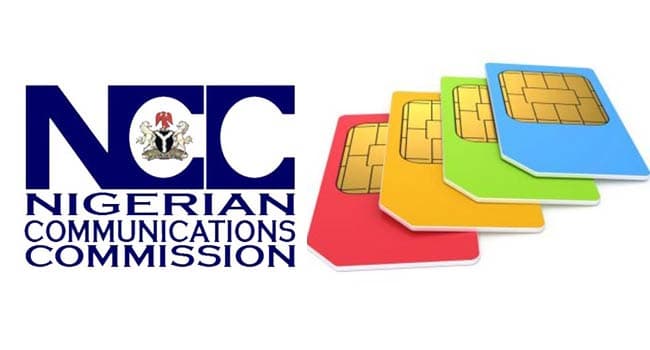Lokilocker is a new ransomeware that can wipe all data from every device running any version of Windows OS.
The Nigerian Communications Commission (NCC) has alerted Nigerians of this new cyber threat.
A threat alert by the Computer Security Incidents Response Team (CSIRT) set up by NCC warned Telecommunications users of this ransomeware.
The commission also warned that another type of ransomeware also attacks specific routers.
Director, Public Affairs at NCC, Dr. Ikechukwu Adinde disclosed the advisories to newsmen.
How the ransomewares operate:
Adinde explained that Lokilocker infiltrates devices running any version of Windows Operating System.
It first sends a prompt to users, asking them to “Update Windows.”
The fake windows update is to lure users to fall victim.
ALSO Read: Android 12 Update: There’s Trouble If Your Phone Displays This Green Light
Lokilocker then takes over the device. IT encrypts all the files in the device and causes data loss.
The attacker proceeds to render your laptop or device useless if you fail to pay a ransom they request.
It also causes denial of service (DDoS), which reduces user’s productivity.
How it covers its track:
Lokilocker hides its track while attacking your device by displaying a fake window update screen.
It also stops some services on your device and disables the task manager of your laptop.
It also blocks the functioning of windows error reporting, machine firewall and windows defender of the compromised system.
The threat is so drastic that it even prevents you from recovering any data it deletes.
IT deletes backup files, shadow copies, and removes system restore points.
Also, the ransaomeware can overwrite your user login note and change the original equipment manufacturer (OEM) information in the registry of device’s system.
Its that damaging!
How To Protect Yourself From Lokilocker:
NCC advised Nigerians to always have backup copies of their data offline.
“To protect against infections by LokiLocker and similar ransomware, the best rule is to always have a backup copy of your data, which should be stored offline.”
Also, the advisories said people should avoid downloading from links or sources they don’t trust.
Additionally, users must scan attachments with an up-to-date antimalware applications before opening the files.
“All downloads and email attachments should be opened with caution, even if they are from trusted sites or senders.
“Users should also ensure they attachments are scanned with an up-to-date antimalware solution, before opening.”
Implications:
Cyber threats are becoming very frequent in Nigeria these days.
Users must adhere to all safety advisories from the commission to stay safe.
Losing access to your data can be very traumatising.
Also, should you fall victim, there is no guarantee that when you even pay ransom, that you will get back access.
So, stay alert and cautiously too.


















 and then
and then